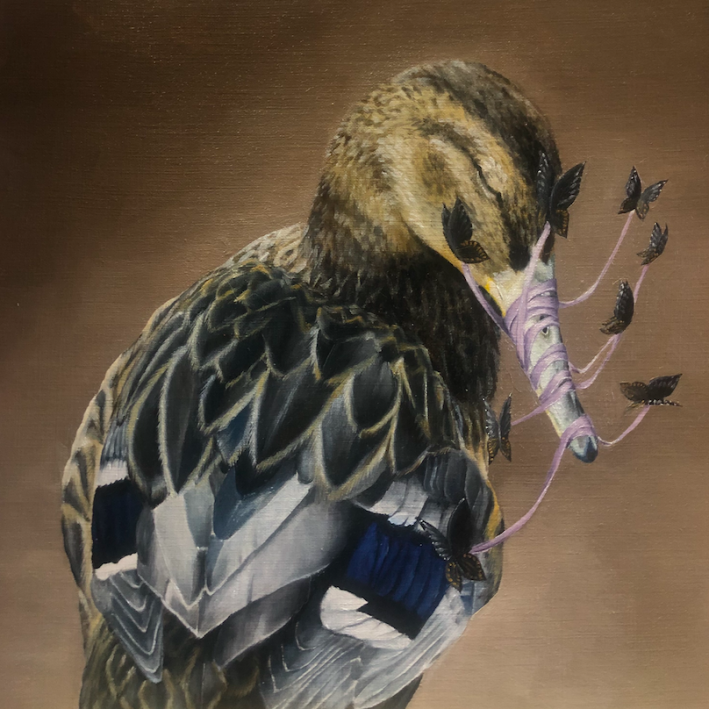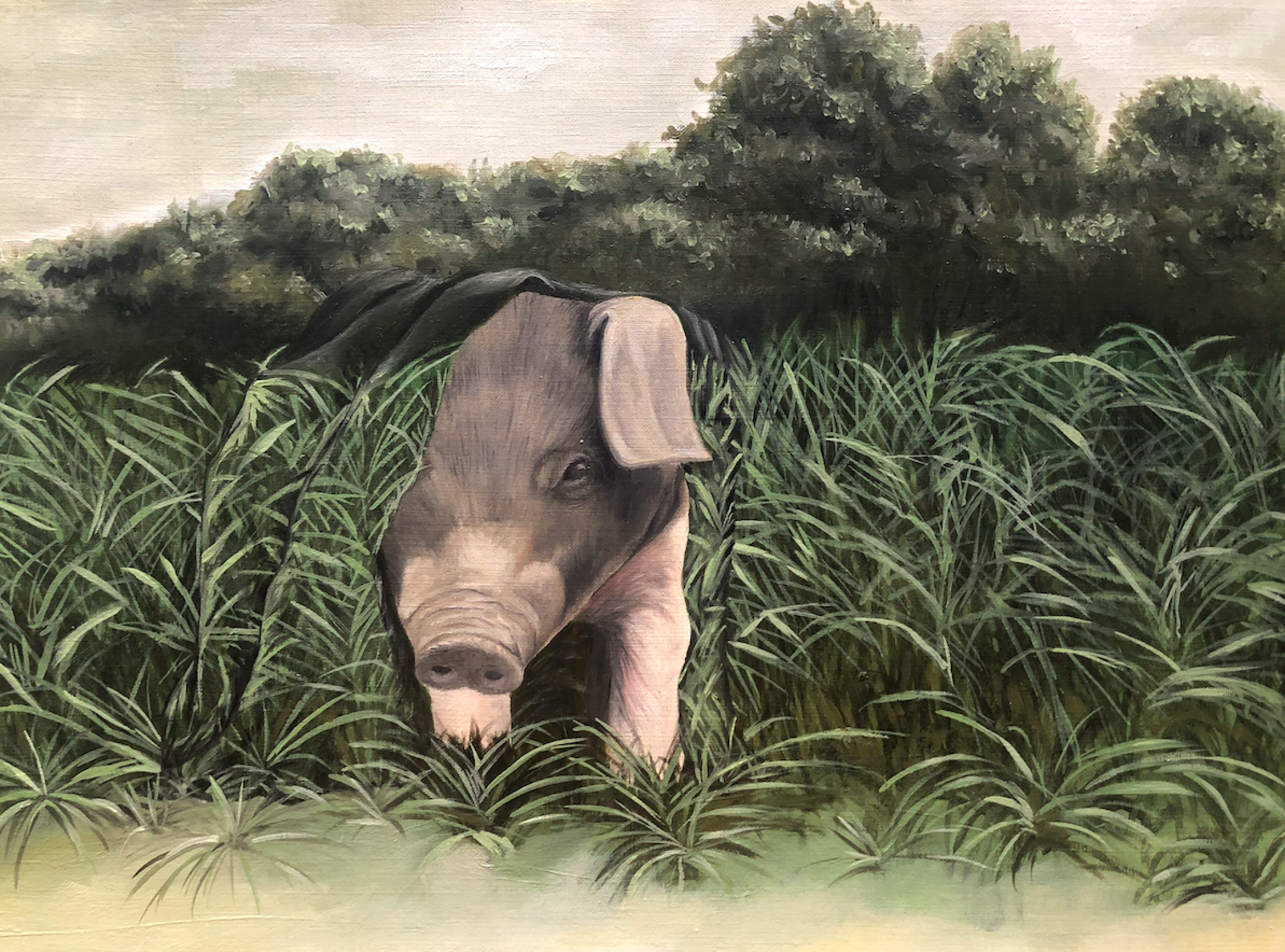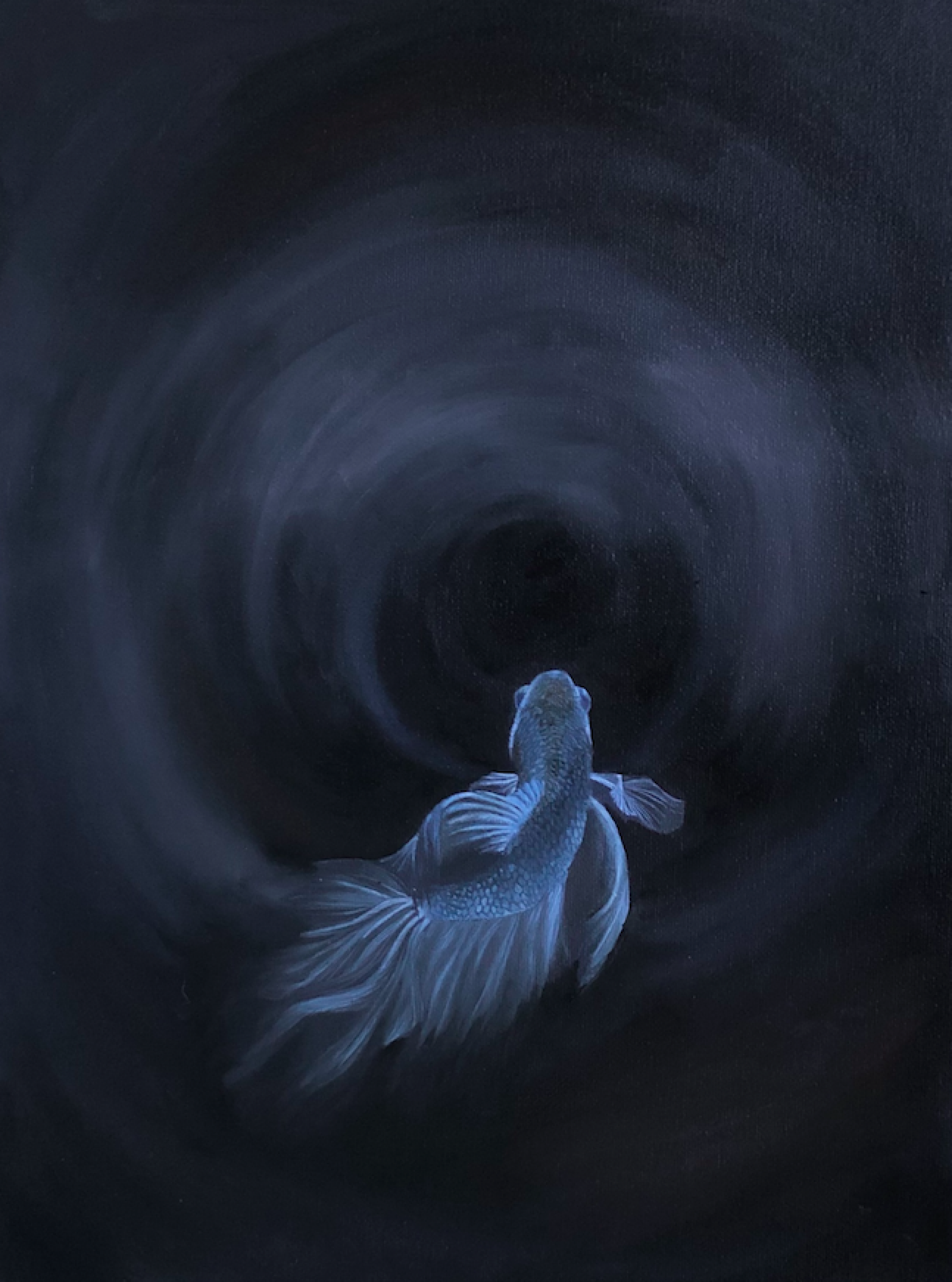How I Fought Off Shame In Eating Disorder Recovery
I am more than my condition.
Written by Emma Thompson

01 Emma has learned how to combat shame from her eating disorder using different therapy tools, such as “opposite action.”
02 Over time, practicing self compassion allowed her to accept her whole self, and own her story.
Having an eating disorder caused me unbearable amounts of shame. I used to call it a “demon parasite” — an all-powerful voice that took over my mind. It told me I was worthless and disgusting, and made me want to constantly punish myself. I used to walk the street with my head down, cringing, hiding in my baggy clothes and wishing I could disappear.
It took a long time to learn how to overcome shame. In my eating disorder recovery, I learned a DBT skill called “opposite action”, where I do the exact opposite of what my eating disorder tells me to do. The opposite of shame, I discovered, was self-acceptance. So despite the voice in my head convincing me I was shameful, I knew I had to act as if I accepted my whole self. So, I started doing compassionate things for myself to convince my mind that I was worthy.

It started off small — lighting a candle, taking time to rest, allowing myself to feel all of my feelings, writing a letter to myself of what I needed to hear in that moment, putting up self-compassionate statements all over the house.
At first, they were empty words and actions, but over time, I started to believe them. I tried to challenge the beliefs that said my body and the core of who I am were shameful. I reminded myself every day through notes on my phone, and I surrounded myself with books, podcasts, and YouTube videos on self-acceptance.
It was only recently that I felt I had a breakthrough: I realized my mental illnesses are just a small part of who I am, and that there is so much more to me — like the things that I’m good at (painting), qualities about myself that I like (caring), and areas I’m competent in that are completely unrelated to my illnesses (trainee child psychologist).

My mental illnesses are my vulnerabilities, but everyone has vulnerabilities. People shouldn’t judge others for their vulnerabilities because they know they are living through their own.
Finally, all of my hard work has paid off. Accepting my whole self — vulnerabilities and all — felt like lifting a huge weight off my soul. It’s like I got an old part of me back, but somehow stronger. Now, I’m owning my story, and I no longer feel ashamed to be training as a clinical psychologist while also still recovering from my own mental illnesses.
Support our work
We’re on a mission to change how the world perceives mental health.



















